In this edition of the Coach’s Notebook, we look at the choices to step out of the limelight that so many players have made in the post-Olympic period.
By Tjitte Weistra, Badzine Special Columnist. Photos: Badmintonphoto
Whenever a major event such as the Olympic Games has taken place, many players start reconsidering their future, ranging from relatively easy decisions, such as a post-Olympic tournament schedule, to tough decisions such as whether to retire from international competition or the game altogether.
We recently have seen big names making announcements with regard to retirement such as Peter Gade and Jung Jae Sung (who both announced this a long time ago), as well as Thomas Laybourn, Anthony Clark, Pi Hongyan, Taufik Hidayat and Tine Rasmussen, to name a few. Also Judith Meulendijks retired after the Dutch International and so did Susan Egelstaff a while ago. And then there was the controversy over Yu Yang who announced her retirement straight after being disqualified during the London Olympic Games but now seems to be back in it.
All the above-mentioned players have had lengthy careers and all strived to be the best they could be for a very long time. They have done a lot for the game and the game has also made them who they are today. They will all have thought long and hard about their decisions. Some make an announcement way before they actually play their last event where others make it shortly before their last event and others wait with making any announcements until the last event they have set them self a target for has finished.
This article is aimed at creating some debate around what the best timing is for a player to announce their retirement. Is there a best time and do the various approaches players take have any impact on their ability to perform well while they are still playing?
Do you think, for example, that Peter Gade’s decision to retire from international competition so long before he actually played his last international tournament had any impact on his performance during the last year and a half? And then there are the fans. They, for sure, would have appreciated Peter’s announcement with such great anticipation as it gave them a chance to “prepare” for it and to grab the opportunity to see him play one more time before his retirement. It helped the media as well, giving them a “story” for quite some time.
But did it affect his performance, playing tournament after tournament? Perhaps it affected him in a positive way and he performed better than he would have done had he not announced his retirement but instead walked around with the thought in his head and being asked the question a million times by the media anyway?
The easy answer to all of this should surely be that it completely depends on the player and what works best for him or her? But there are outside pressure factors involved such as the media, sponsors, family and the national body. It takes time to consider options for one’s life after being an elite athlete and it takes time to make the adjustment, things that require a lot of thought before heading into retirement.
For most of us, going into retirement means you have reached an age which allows you to put up your feet and enjoy the rest of your life without having to work anymore (for those who are so lucky ;-)). But for an elite athlete, retirement from the game means that it is time to start finding your feet in “real life” and the often feared 9-to-5 job. It can be quite daunting and is often referred to as the “Black Hole”. It requires careful planning in which athletes are often assisted by mentors or “Life Coaches”.
I know examples of players who retired from the game very suddenly without giving any indication they were planning to. This can often come as a shock to their immediate circle of support and can pose some challenges as sudden change is always harder to process than getting used to the idea gradually.
However, for some players, this works better. They eliminate the thought while still competing so they can focus 100% on their performance and not being distracted by questions from media, friends or other players. That way, they will be treated the same as before and it is “business as usual” heading into and during events. If you have the cognitive ability to block out thoughts about retirement and you can fully focus on your performance while still playing, then is that a better option than announcing retirement with lots of anticipation?
As fans of our great sport, what do you think is best and what do players need to take into consideration when considering retirement?
![COACH’S NOTEBOOK – Planning for the After-match In this edition of the Coach’s Notebook, we look at the choices to step out of the limelight that so many players have made in the post-Olympic period. By Tjitte […]](https://www.badzine.net/wp-content/uploads/Newsflash-thumbnail.png)
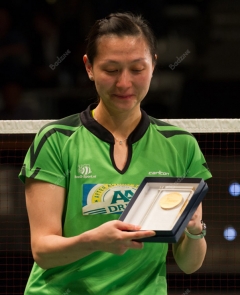

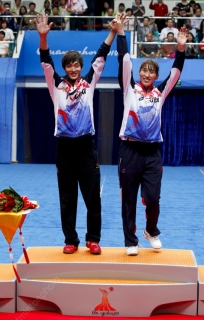
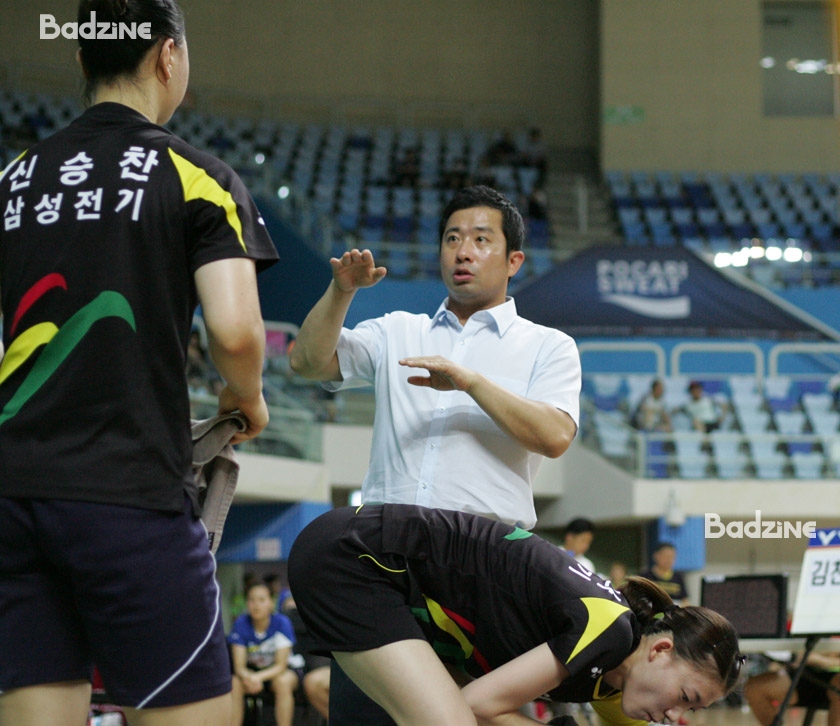
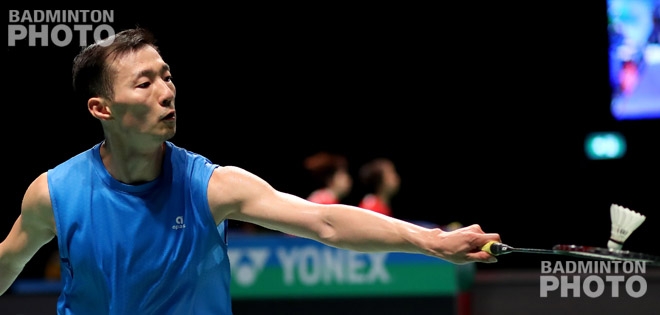
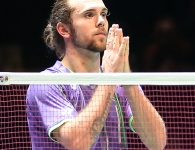
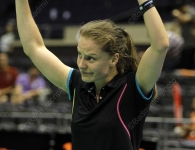
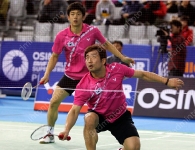
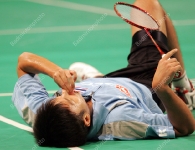
Leave a Reply